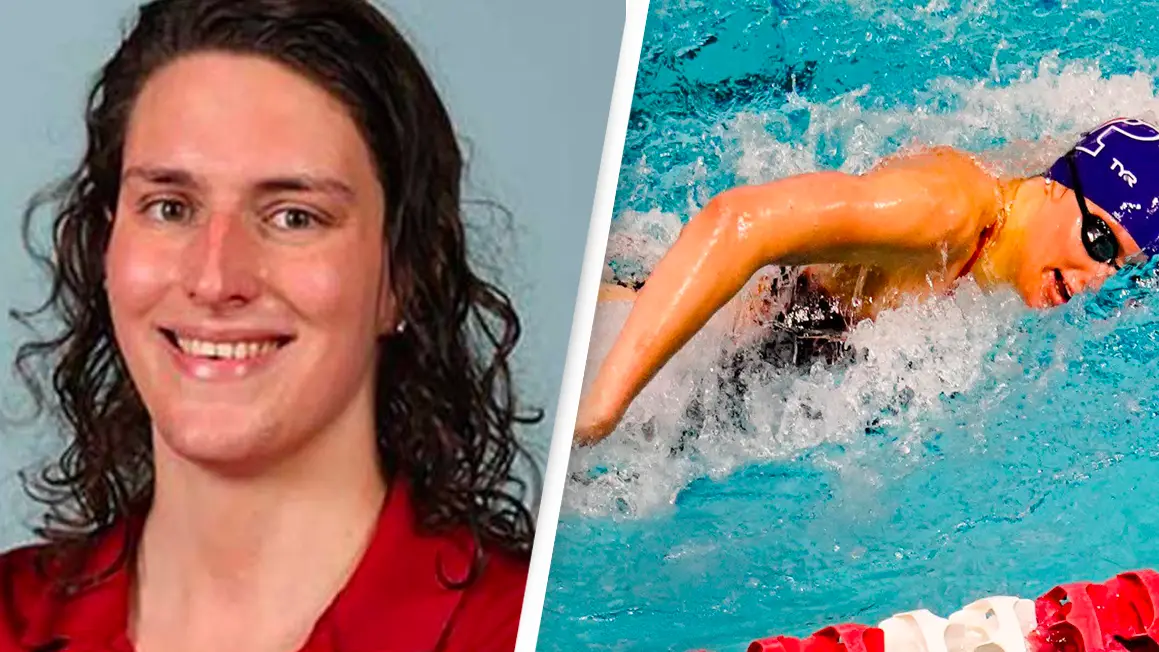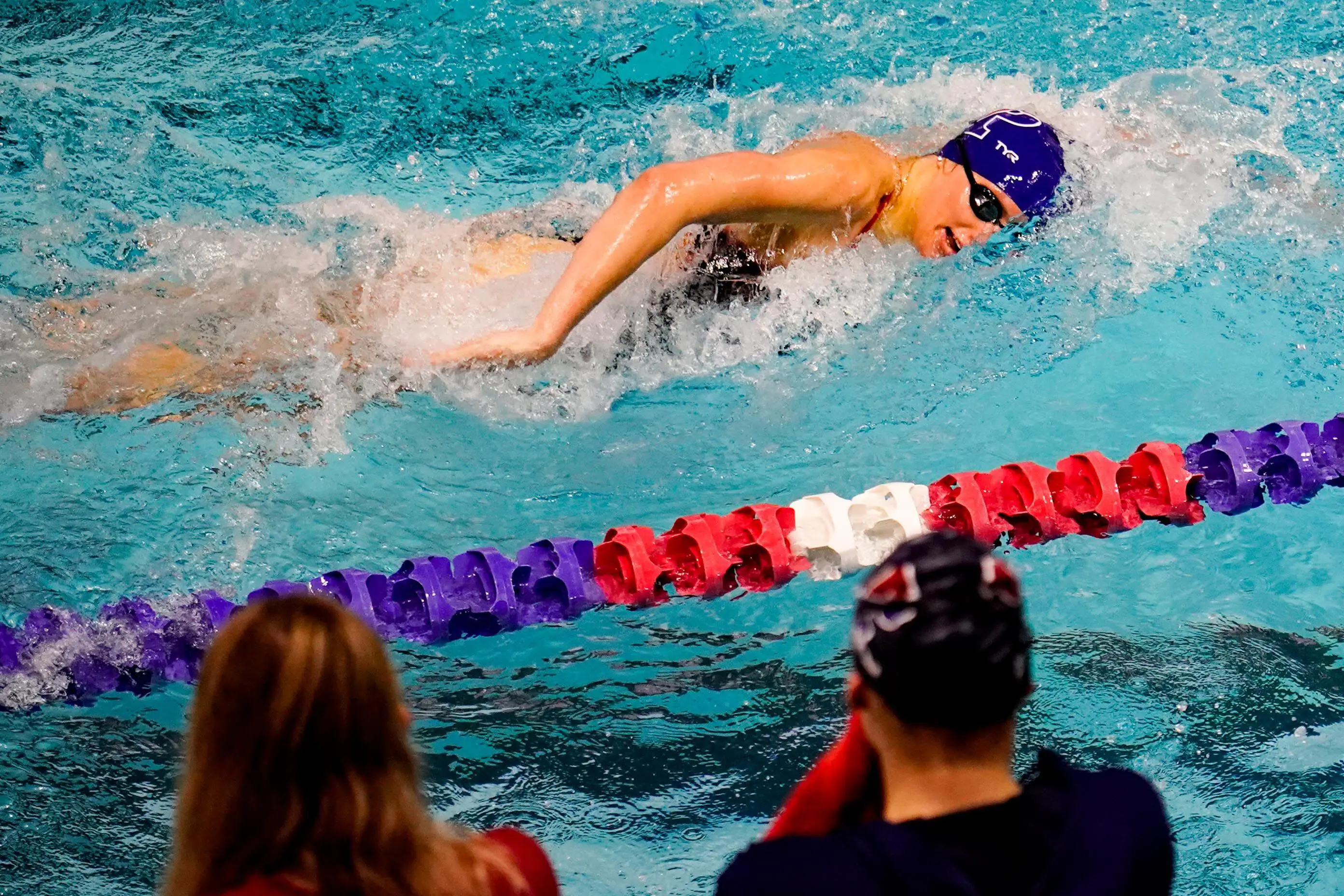
Data indicates that National Collegiate Athletic Association's (NCAA) winner Lia Thomas didn't have any advantage over cisgender women, proving criticisms about her success are unfounded.
Thomas became the first openly transgender athlete to win the first division swimming championship last week, 17 March, as a result of her success in the women's 500 yard (457 meter) freestyle race.
The race marked the 22-year-old's final competition as a college athlete at the University of Pennsylvania, though the win has prompted complaints from some who argue the result was unfair due to Thomas' transition, which she began in 2019 with hormone replacement therapy.

Advert
However, data presented by The Independent indicates she did not have any specific advantage over cisgender competitors, with her swim times proving entirely in-keeping with those held by other female swimmers.
Under the NCAA, Thomas won the women's 500 yard freestyle race in 4m 33.24s, came fifth in the 200 yard race with 1m 43.40s, and eighth in the 100 yard race with 48.40s. Though undoubtedly impressive, the results were not record-breaking. In fact, 27 all-time NCAA records were broken in the overall competition, and Thomas's times were not among them.
When comparing the time of her winning race to other previous results listed by USA Swimming, the US's national governing body for the sport, Thomas placed 15th in college swimming.
In a dataset of swim times for all top eight NCAA women's finishers over the past six years of competition, Thomas's time in the 500 yard race placed her eighth fastest out of 56. The Independent notes that as there are only seven events in the dataset, there are some where her time of 4m 33.24s would have only earned her third place.
In comparison to the numbers for the men's event, Thomas's winning time is more than 20 seconds below the men's average.
Though some critics have argued that the 22-year-old's transition appears to have improved her overall position as a swimmer, the fact that her times in the male races come from an earlier point in her career mean they do not reflect any improvements in technique or mindset she has had in more recent years.
USA Swimming’s policy states that transgender athletes must undergo three years of hormone replacement therapy prior to competing in the event for their gender. Though Thomas is six months short of three years, she was eligible to compete last week under NCAA rules.
If you’ve been affected by any of these issues and want to speak to someone in confidence contact Mindline Trans+ on 0300 330 5468. The line is open 8pm–midnight Mondays and Fridays and is run by trans volunteers